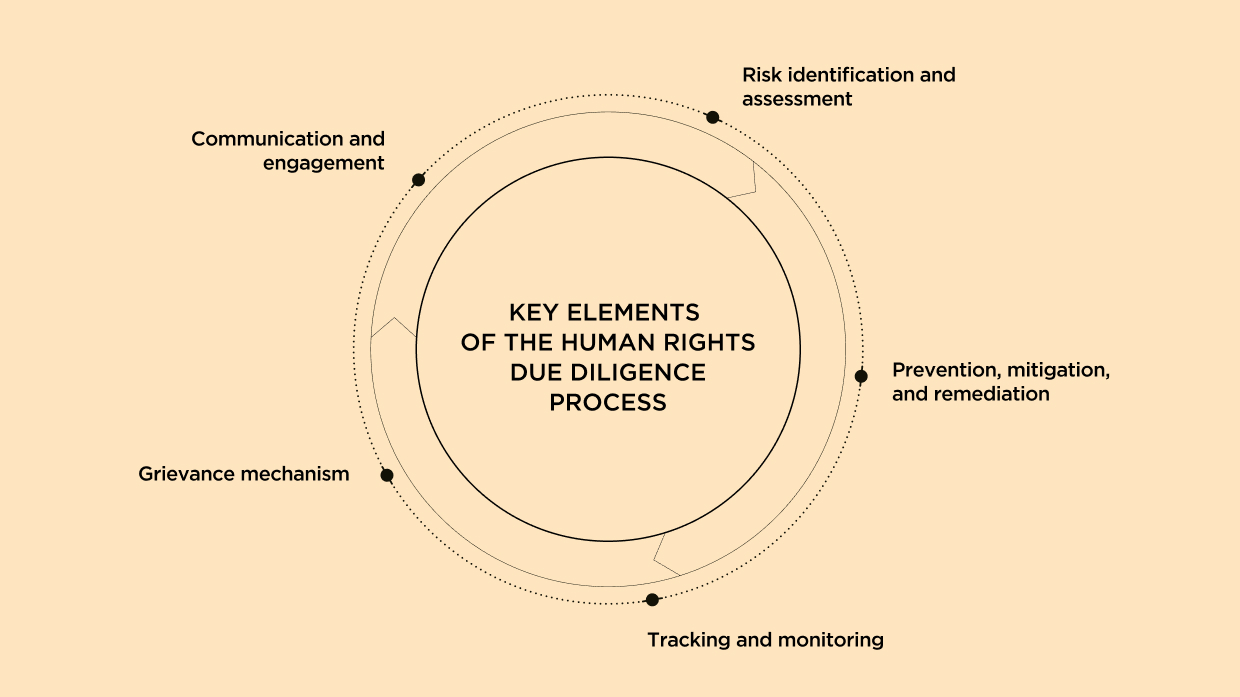
Human rights
Clariant is committed to upholding and promoting human rights, including child labor, within our business, throughout the supply chain, and in the communities where we operate. This commitment is enshrined in our Group Policy on Human Rights.
We expect all suppliers and business partners to comply with the same standards. Our Code of Ethics and Supplier Code of Ethics make it clear that we do not tolerate child labor or forced labor anywhere in our business and supply chains. We protect the rights of our employees and supply chain workers in crucial human rights areas, including non-discrimination, working conditions, and freedom of association.
To implement these commitments, we assess, monitor, and manage our human rights impacts – both in our own operations and throughout our supply chains – to ensure that we live up to our commitments to human rights. In doing so, we rely on our management and monitoring systems, which enable us to identify potential human rights concerns and take effective measures to address and mitigate them
Established in 2014, our Integrity Line provides a platform for stakeholders to raise concerns globally. Operated by an independent third party, it is available in over 40 languages and allows anyone to report issues, including those related to human rights, as part of our human rights due diligence process.
Our Human Rights Due Diligence process
This process enables us to identify the human rights issues that are most relevant to our business and which we will focus our attention on to effectively prevent and mitigate human rights violations.

Communication and engagement
- Reporting on human rights and social sustainability (sustainability ratings, Integrated Report)
- Engagement with external stakeholders and communities via other channels, including meetings, social media, collatoratives, and initiatives
Prevention, mitigation, and remediation
- Map existing mitigation actions
- Develop action plans and identify responsibilities
- Support collaborative approaches
- Provide remediation when appropriate
Risk identification and assessment
- Identification of key human rights issues relevant to our business
- Assessment of key risks in own operations and in our supply chain, including impacted key stakeholders
- Respond to reported incidents of actual impacts (e.g., via grievance mechanisms) as well as significant changes in context
- Prioritization of most significant areas for action
Tracking and monitoring
- Ongoing monitoring and review of e.ectiveness of risk management
- Monitoring of reports received through Integrity Line and other channels
- Documentation of issues status and e.ectiveness of measures taken
Grievance mechanism
- Provide accessible mechanisms to report human rights issues
- Ensure fair and transparent processes
- Commitment to non-retaliation
Compliance with regulations
Stakeholder-led regulatory proposals and new regulations worldwide increasingly demand greater transparency, particularly concerning the protection of human rights. Clariant is enhancing on an ongoing basis its existing activities, strengthening its commitments, and focusing on human rights in its own operations and the supply chain. To ensure compliance with upcoming regulations, a cross-functional team comprising representatives from Corporate Sustainability, ESHA, Group Human Resources, Group Procurement Services, and Legal and Compliance regularly reviews the current Human Rights Framework and conducts due diligence for both its own operations and suppliers.
Clariant also complies with national requirements and emerging regulations such as the UK modern slavery act, German Supply Chain Act, The Norwegian Transparency Act, and the Swiss Counterproposal to the Responsible Business Initiative. Clariant can provide upon request more information on steps that have been taken to ensure that no violation of human rights occurs in any part of our organization and our supply chain.

